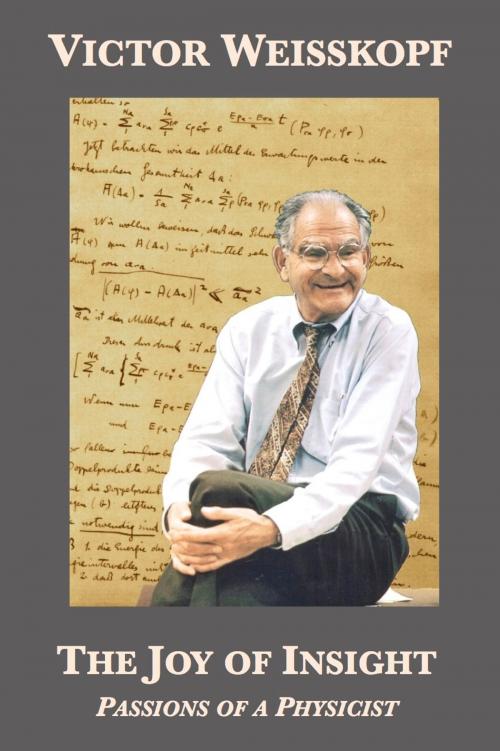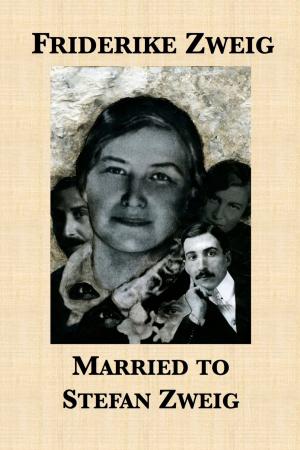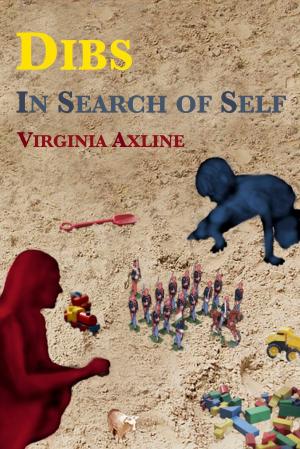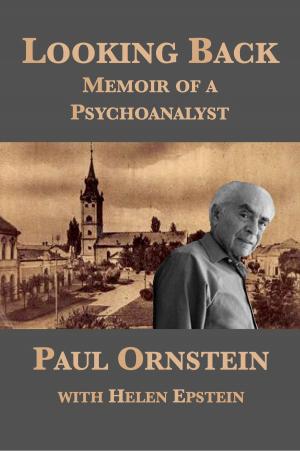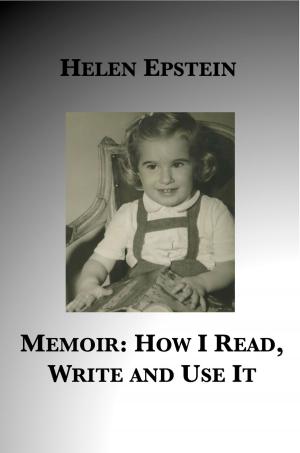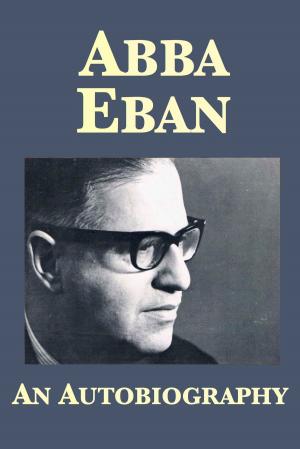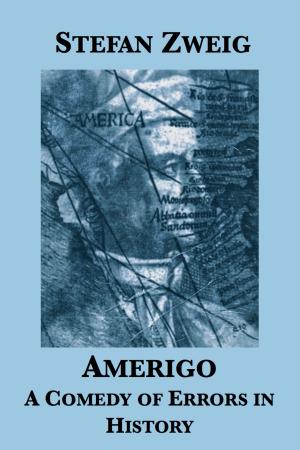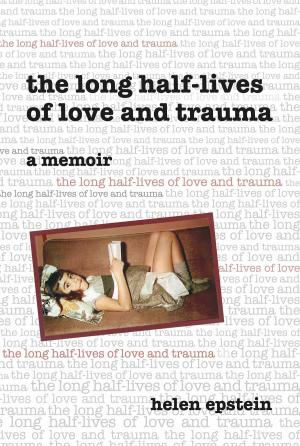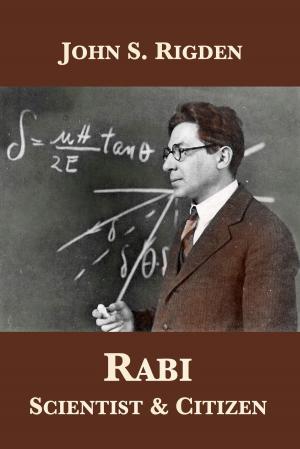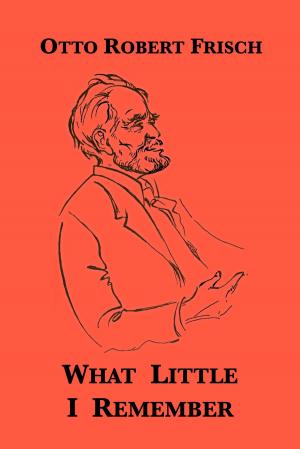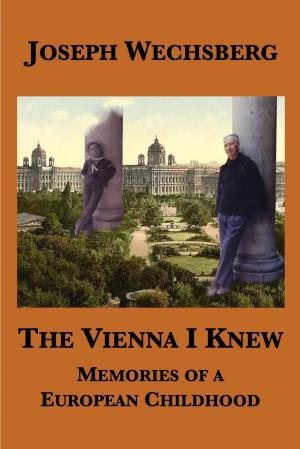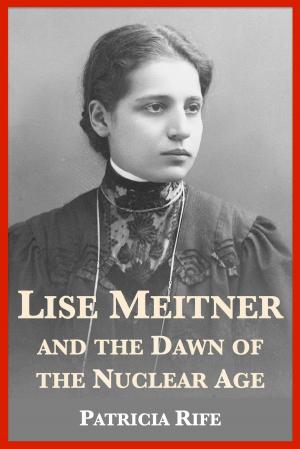The Joy of Insight: Passions of a Physicist
Nonfiction, Science & Nature, Science, Physics, Nuclear Physics, Quantum Theory, Biography & Memoir| Author: | Victor Weisskopf | ISBN: | 1230000116971 |
| Publisher: | Plunkett Lake Press | Publication: | March 23, 2013 |
| Imprint: | Language: | English |
| Author: | Victor Weisskopf |
| ISBN: | 1230000116971 |
| Publisher: | Plunkett Lake Press |
| Publication: | March 23, 2013 |
| Imprint: | |
| Language: | English |
The Joy of Insight: Passions of a Physicist by Victor Weisskopf (126,000 words, 57 illustrations)
In the 1930s, Victor Weisskopf worked with leading European physicists such as Niels Bohr, Werner Heisenberg, Paul Dirac and Wolfgang Pauli. His memoir recounts in simple language how quantum mechanics revolutionized physics and our understanding of matter. Weisskopf takes us to Los Alamos where he worked on the atom bomb during World War II after fleeing the Nazis, to CERN which he led in the early 1960s, and to MIT’s physics department where he taught until his retirement. Weisskopf also recounts his efforts towards nuclear disarmament and tells of his lifelong love of music and passion to understand and explain physics.
“[Weisskopf’s] memoir provides a bright tile in the mosaic that our descendants will study in seeking to understand his scientific generation... A warm and frequently witty memoir by an extraordinarily gifted thinker and caring human being.” — Timothy Ferris, The New York Times
“Weisskopf’s voice comes through clearly in the book ... a voice that has tried to infuse our century with the idealism and humanism that it so often has lacked... The Joy of Insight is much more than Weisskopf’s autobiography: It is a first-hand account of the intellectual and political forces that shaped the 20th century.” — Science
“His account of [Los Alamos], where an isolated, tightly enclosed social world contrasted with the excitement and suspense of unprecedented research and invention, is the best yet written.” — The Atlantic
“The Joy of Insight is an inspiring personal memoir by one of the most thoughtful scientists of our time... [A] stimulating book by and about a passionate physicist.” — Boston Globe
“[Weisskopf] emerges in this autobiography as a man of gentle wisdom and quiet grace, confident in the idea that physics can provide not only 'the joy of insight,' but also a model of how life should be lived.” — The Sciences
The Joy of Insight: Passions of a Physicist by Victor Weisskopf (126,000 words, 57 illustrations)
In the 1930s, Victor Weisskopf worked with leading European physicists such as Niels Bohr, Werner Heisenberg, Paul Dirac and Wolfgang Pauli. His memoir recounts in simple language how quantum mechanics revolutionized physics and our understanding of matter. Weisskopf takes us to Los Alamos where he worked on the atom bomb during World War II after fleeing the Nazis, to CERN which he led in the early 1960s, and to MIT’s physics department where he taught until his retirement. Weisskopf also recounts his efforts towards nuclear disarmament and tells of his lifelong love of music and passion to understand and explain physics.
“[Weisskopf’s] memoir provides a bright tile in the mosaic that our descendants will study in seeking to understand his scientific generation... A warm and frequently witty memoir by an extraordinarily gifted thinker and caring human being.” — Timothy Ferris, The New York Times
“Weisskopf’s voice comes through clearly in the book ... a voice that has tried to infuse our century with the idealism and humanism that it so often has lacked... The Joy of Insight is much more than Weisskopf’s autobiography: It is a first-hand account of the intellectual and political forces that shaped the 20th century.” — Science
“His account of [Los Alamos], where an isolated, tightly enclosed social world contrasted with the excitement and suspense of unprecedented research and invention, is the best yet written.” — The Atlantic
“The Joy of Insight is an inspiring personal memoir by one of the most thoughtful scientists of our time... [A] stimulating book by and about a passionate physicist.” — Boston Globe
“[Weisskopf] emerges in this autobiography as a man of gentle wisdom and quiet grace, confident in the idea that physics can provide not only 'the joy of insight,' but also a model of how life should be lived.” — The Sciences
